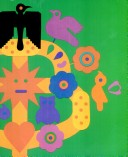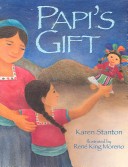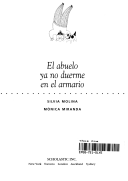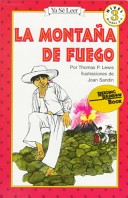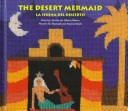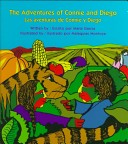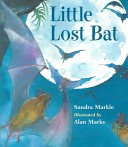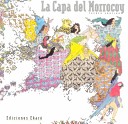
Many years ago, when animals had the shape of men, the Caracara and the Hawk celebrated the coming of age of their daughters. They invited the most famous drummer of all, who came with his beautiful yellow and black sequin cape. On the third night of the celebration, the guest enchanted the three loveliest girls… This Guajiro legend explains the origin of butterflies, bees and hummingbirds, and tells why the tortoise carries a shell on its back.

